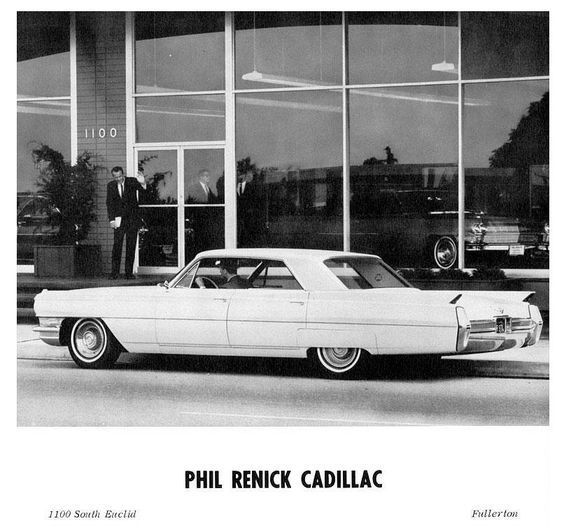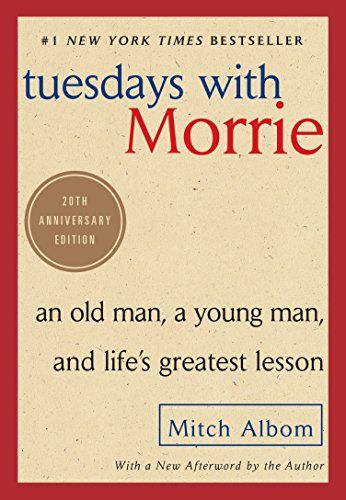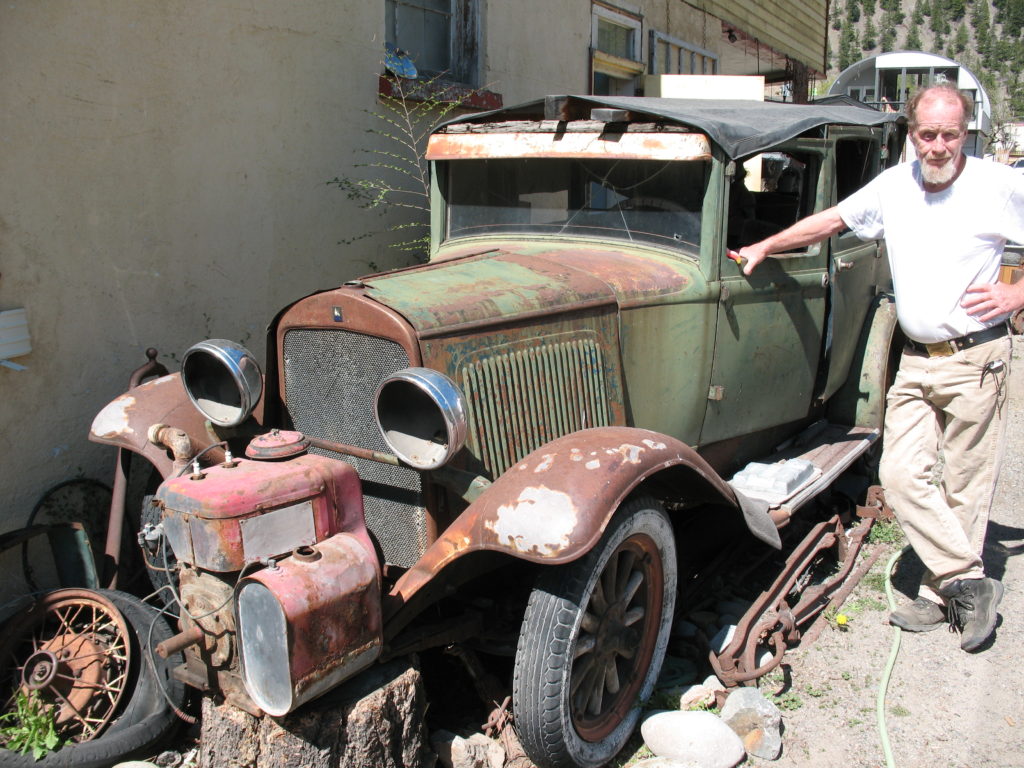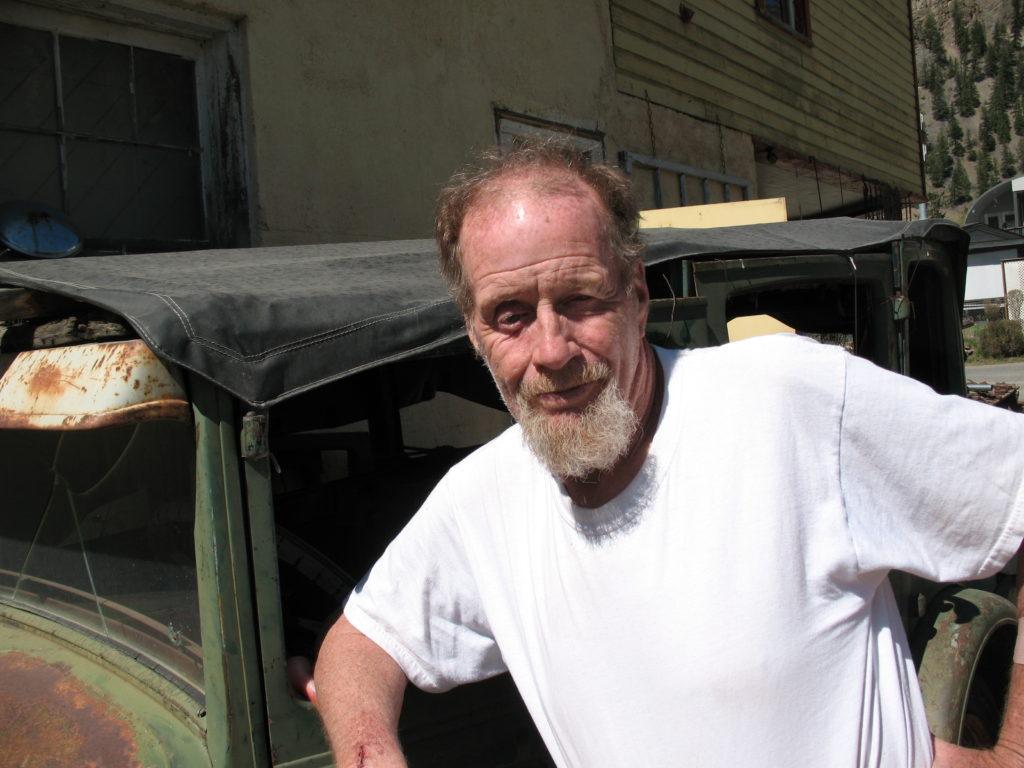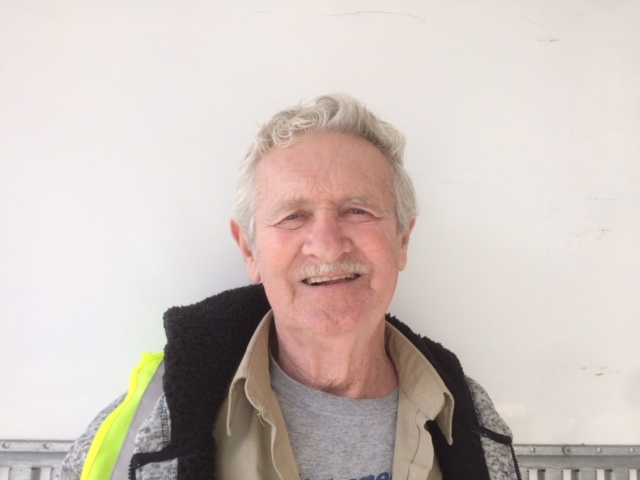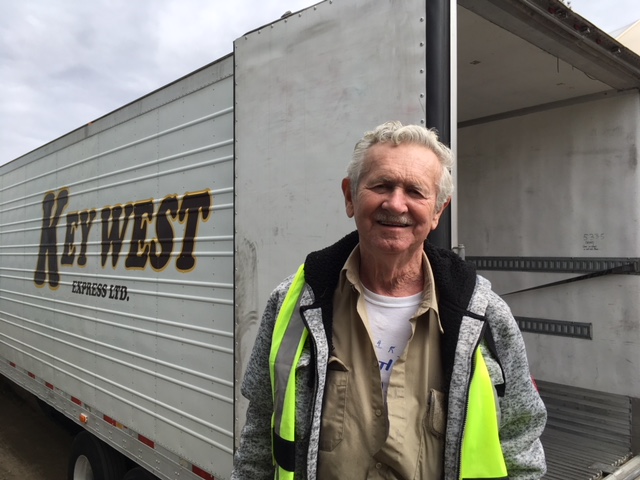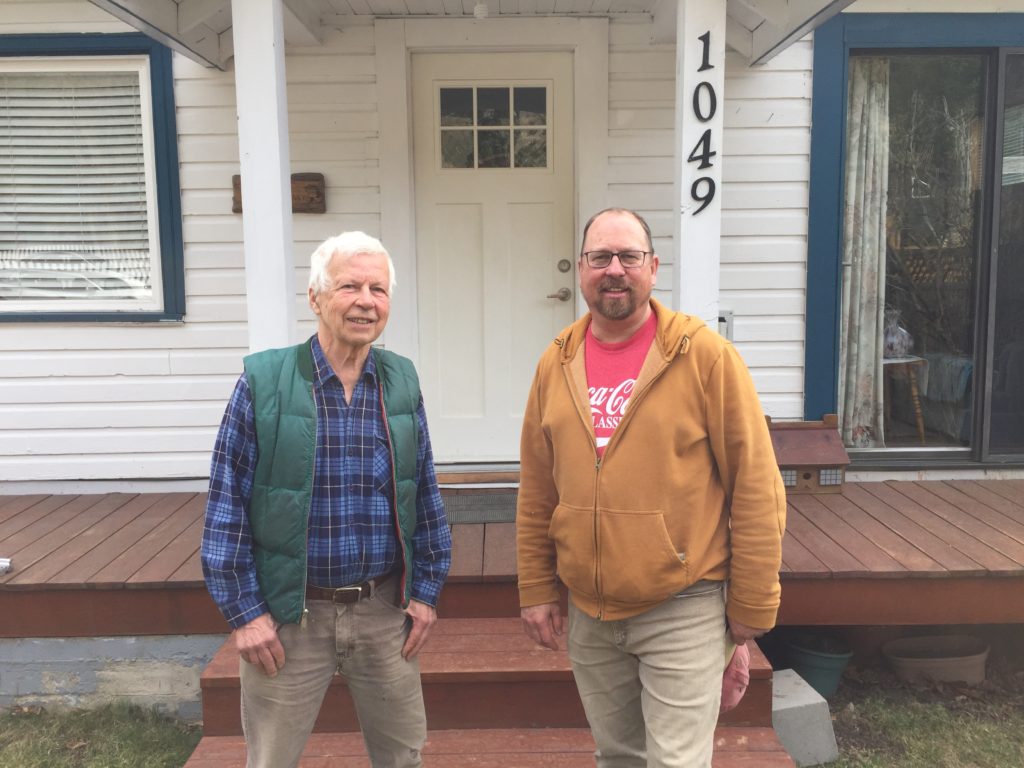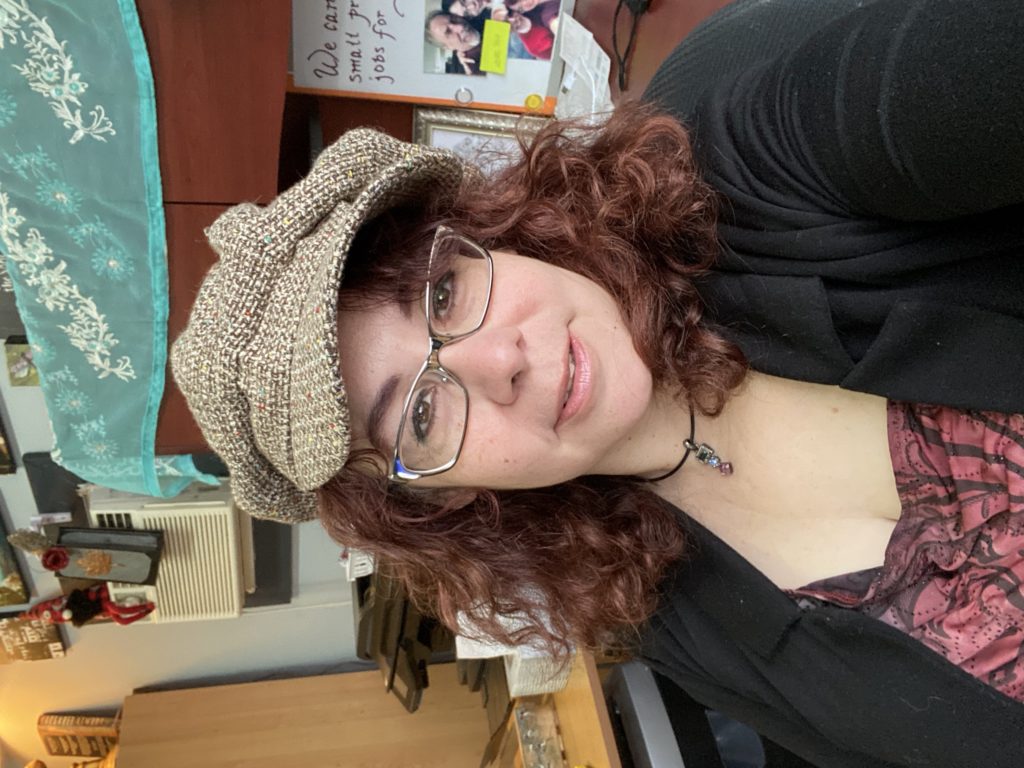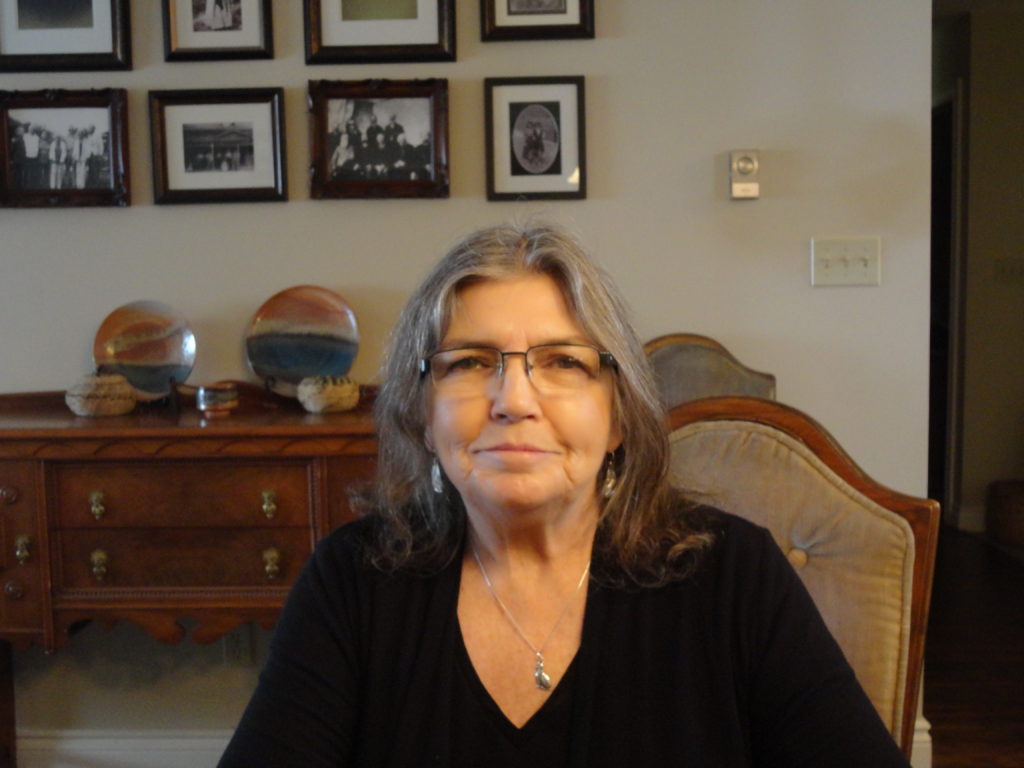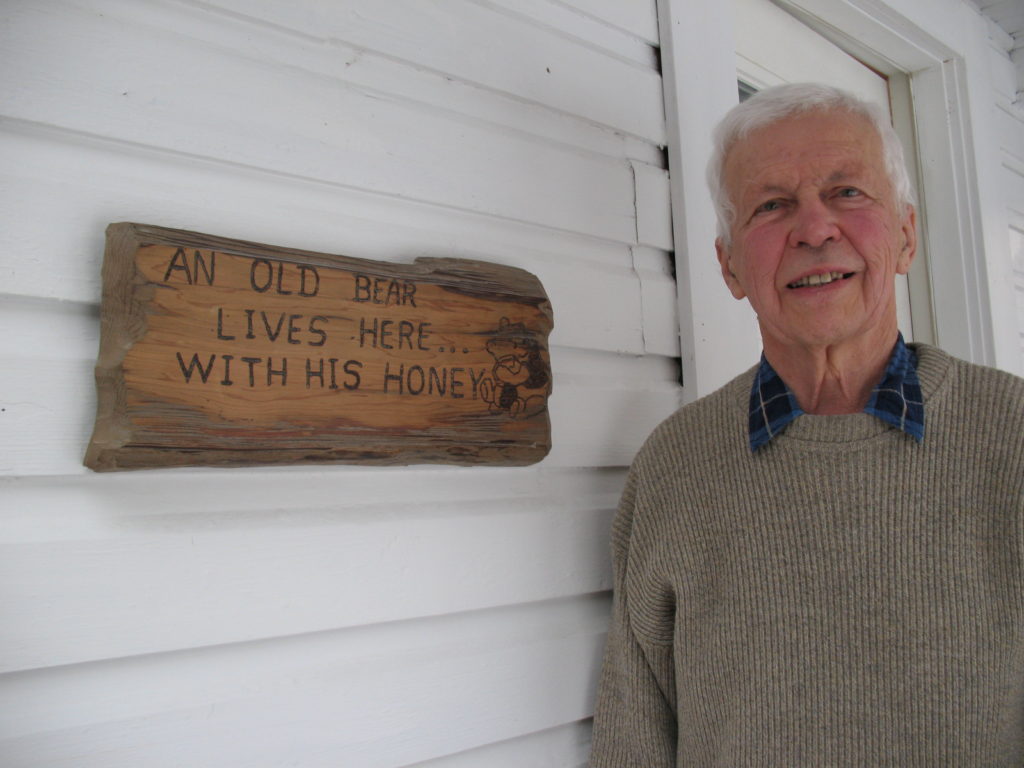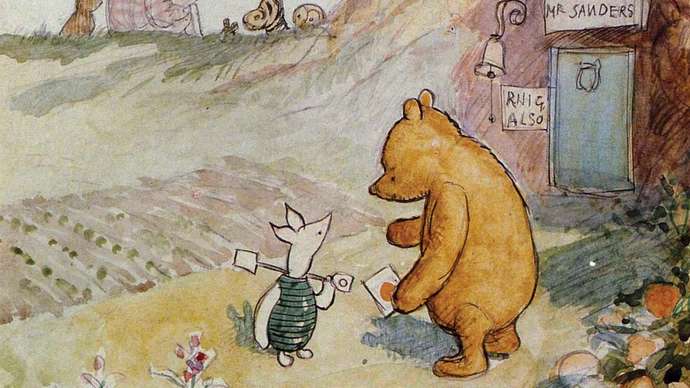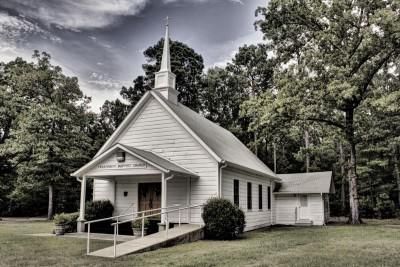
(Pinterest photo, landmarkhunter.com)
I’ve come to understand that an audience appreciates a eulogy that at least alludes to the foibles of the departed loved one. If only the individual’s positive attributes and accomplishments are mentioned, people tend to feel cheated. For this reason I experienced an uneasy queasiness when Candace asked me to write and deliver the eulogy for her boyfriend’s memorial service. He had lost a difficult battle with an aggressive prostate cancer.
I had known Randy for about eight years and talking about his successes would be the easy part. An entrepreneur, he had developed several lucrative enterprises in the Okanagan Valley. He drove a new Lexus and owned a four seater airplane. He had enjoyed exotic holidays, sometimes in places I didn’t know existed. In marriage relationships though, he had stumbled several times.
It was these failings that stirred up my inner unease. Although he’d never divulged the intimate details to me, I knew he’d left behind an abundance of marital clutter. Most in the audience would be at least somewhat aware of this. He had hidden his inner thoughts fairly successfully, but his lifestyle he could not keep a secret. If I glossed over his marital history, people might think I was a coward. I called each of his two ex-wives, his current estranged wife, his brother, two sisters and Candace. Even for those closest to him, Randy had been an enigma. They all planned to attend the service.
Candace had obtained permission to use the small church she attended in Vernon. On a cool afternoon in late October, Linda and I arrived early to talk with her. “It was Randy’s wish that you do the eulogy,” she reminded me. “He never talked much about the things that were important to him, but he said you’d figure it out.” There were a few tears.
The door of the church opened and Beatrice, Randy’s estranged wife entered, wearing a purple party dress. Astonished, Candace stared at her for a moment, then whispered, “Randy’s will leaves a lot to me. There’s going to be a whopper of a legal battle.”
People were arriving and I noticed a short elderly man with a grey moustache, walking with a cane. He was accompanied by two middle aged women. “That’s Randy’s father and sisters,” Candace said. “I’m surprised they brought him. There isn’t much communication between any of them. They’re not a happy family. Randy had little contact with them.” Observing the two women and their father, I sensed a deep disconsolation.
The small church filled rapidly and the pastor spoke briefly about Randy’s time as a congregant, then introduced me. l began by speaking about my relationship with Randy. I touched on the exotic holidays, his involvement in the local community, the speeches at the Toastmasters club we both attended, his considerable success in business and the numerous young people he had given their first job. I talked about his generosity to a local organization striving to steer youths away from drugs and alcohol.
I then addressed the matter of his failed marriages. “We all know Randy enjoyed a full, successful life,” I said, “Most of us are also aware not everything went as he hoped. Preparing for today, I spoke by phone with each of his former wives. Even though the relationships didn’t survive, none expressed animosity toward him. For the last two years he had a girlfriend, Candace, and he told me he hoped he’d learned enough so this relationship would last.” Wanting the women to feel acknowledged, I named them. I noticed smiles when I inadvertently attached the children to the wrong mother.
Then I detached the mike from its stand and walked to the front pew where Randy’s family was seated. Looking directly at the old, grieving father, I said, “Mr Carson, the last time I talked with your son, he said, ‘I should have spent more time with my father. I knew he was lonely after our mother died. I could have taken him for lunch now and then. I didn’t give him the time I’m sure he wanted. Tell him I’m proud to be his son and I love him dearly.’” The lines on the old man’s forehead softened and a single tear trickled down one cheek.
I had wanted to give this old father a message that would penetrate into his heart. An almost imperceptible nod suggested he embraced it.

